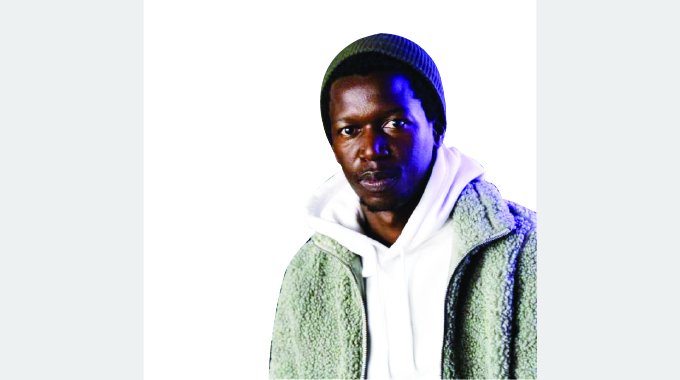Nights of blood, sweat and tears pay dividends

Kundai Marunya-Arts Correspondent
It took five months of late nights, hard work and creativity for one of the fast rising household names in visual art, Troy Makaza, to work on his solo exhibition “Kufa Izuva Rimwe”, which is running at First Floor Gallery Harare (FFGH).
An innovative use of silicone developed from the artist’s early work when he used oil paint, the body of work gave art lovers an appreciation of being physically present as opposed to virtual exhibitions that had become synonymous with the gallery during Covid-19 induced lockdowns.
The amazing contours of the works, their shapes and textures can easily remind one of the country’s landscape, while drawing a feeling of being more appreciative of nature while drawing awareness to boundaries and national borders.
In an interview, Makaza said silicone gives him the same thick layers he made from oil paint.
“I loved thick layers of oil paints on my work, but I could not afford to buy oil paints in bulk and it also takes too long to dry when thick,” he said.
“I remember the time when my father and I used to fix the bathroom using silicone, it looked fresh when dry, and would leave behind tool marks in thick layers almost like the oil paint texture I wanted to work with, so I began with buying a tube of silicone and here we are.”
The use of silicone sets Makaza apart from many artists who are following traditional oil paint techniques, while his great eye for detail and colour props him to be among the greats of his generation.
Makaza is an accomplished artist who has vastly exhibited both locally and internationally.
Speaking on the exhibition, FFGH curator and director Valerie Kabov said the exhibition interrogates life.
“Kufa Izuva Rimwe (which can be loosely translated to death is but a day) is a body of work which looks at life as it is lived rather than imagined,” she said.
“Life with inequality and class, with history of oppression, with the presence of poverty, drugs and corruption, with politics dividing people and land, with maps of a continent carving out scars of dispossession and inheritance trauma, where answers are neither near or close at hand.”









Comments